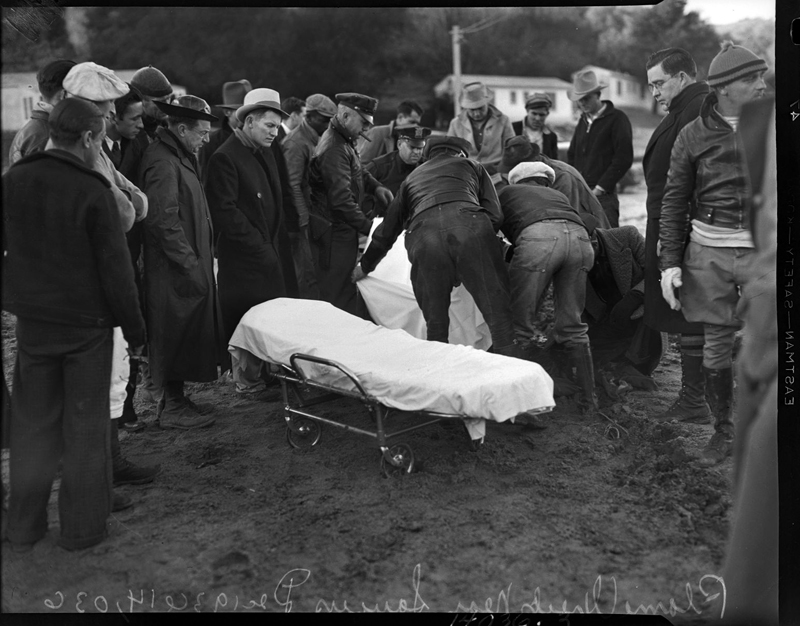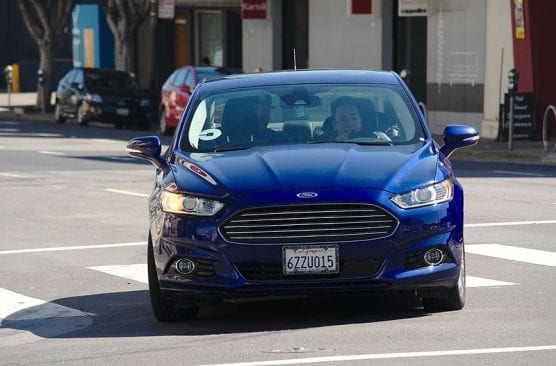SACRAMENTO – Defying the wishes of gig economy giants like Uber and Lyft, California Gov. Gavin Newsom signed a contentious labor bill into law Wednesday that makes it harder for companies to classify workers as independent contractors and deny them benefits.
“It will help reduce worker misclassification – workers being wrongly classified as ‘independent contractors,’ rather than employees, which erodes basic worker protections like the minimum wage, paid sick days and health insurance benefits,” Newsom said in a statement Wednesday.
Introduced by Assemblywoman Lorena Gonzalez, a San Diego democrat, Assembly Bill 5 codifies the game-changing labor standard established by the California Supreme Court in its 2018 ruling, Dynamex v. Superior Court.
To classify workers as contractors under that standard, companies must show they do not directly control the worker, the work done falls outside the company’s usual course of business, and the worker is “customarily engaged in an independently established trade.”
Opponents say the law will upend companies’ business models and take away the flexibility gig economy workers benefit from as independent contractors. Supporters of AB5 have called that claim “a scare tactic,” pointing out that nothing in the law prevents companies from letting workers choose their own hours.
Technology giants, including Uber, Lyft and DoorDash, previously pledged to pour $90 million into a 2020 ballot measure to overturn the labor bill.
Uber’s top lawyer, Tony West, said last week that the company would continue classifying its drivers as independent contractors if the labor bill passed. He said the company would fight in court to prove that drivers are not employees under the three-part test established in Dynamex.
In an email, an Uber spokesperson said it’s already been working to guarantee minimum earnings and benefits for its drivers, as well as unionizing opportunities if they desire.
“We’ve engaged in good faith with the Legislature, the Newsom administration and labor leaders for nearly a year on this issue, and we believe California is missing a real opportunity to lead the nation by improving the quality, security and dignity of independent work,” the Uber spokesperson said.
Before the labor bill was passed, Gonzalez agreed to exempt real estate agents, doctors, lawyers, insurance agents and hairstylists from her bill. Separate legislation introduced last week also exempted newspaper carriers for one year.
In a statement, the San Diego assemblywoman said this law will make a major difference for workers who are misclassified as contractors to benefit an “illegal business model” and cut costs at the expense of workers.
“Today, we are disrupting the status quo and taking a bold step forward to rebuild our middle class and reshape the future of workers as we know it,” Gonzalez said.
The California Chamber of Commerce said in a statement Wednesday that it was pleased with the number of professions excluded from the AB 5, but believes more workers should be exempted from the law.
“The business community will be aggressively pursuing further exemptions next year,” the Chamber said in its statement. “The test set forth in the Dynamex ruling does not correctly contemplate the realities of the modern economy nor fairly consider the sweeping impracticalities it would bring to the California economy. ”
Responding to the governor’s decision Wednesday, Lyft argued “the overwhelming majority” of ride-hail drivers prefer a “thoughtful solution that balances flexibility with earnings guarantees and protections.”
Lyft spokesman Adrian Durbin said the company is prepared to take the issue to voters next year to “preserve the freedom and access drivers and passengers want.”
Supporters say they hope California’s new labor law will set off a tide of similar legislation across the country and extend benefits to millions of contractors. Last week, New York Gov. Andrew Cuomo said he supports introducing legislation that would make it harder to deny workers employee status.
“I don’t want to lag California in anything, I don’t want to lag any other state,” Cuomo said, according to Crain’s New York Business publication.
— By Nicholas Iovino
Like this:
Like Loading...
Related





 Tweet This
Tweet This Facebook
Facebook Digg This
Digg This Bookmark
Bookmark Stumble
Stumble RSS
RSS


























REAL NAMES ONLY: All posters must use their real individual or business name. This applies equally to Twitter account holders who use a nickname.
0 Comments
You can be the first one to leave a comment.